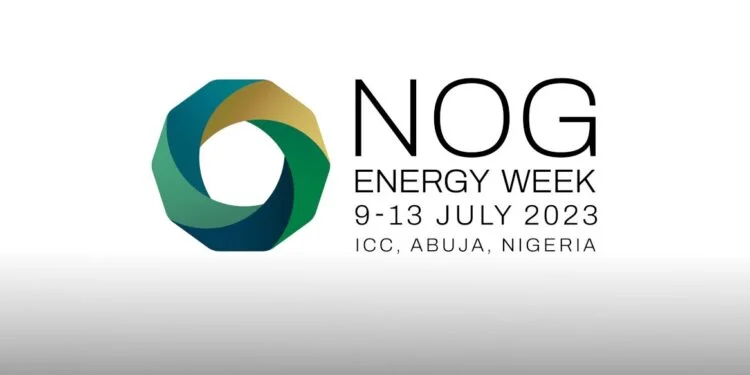Manufacturing stakeholders attending the Nigerian Oil and Gas Energy Week in Abuja have put forward a proposal advocating for subsidies to be provided to manufacturers in the country.
They assert that subsidizing the manufacturing sector will lead to reduced operational costs and facilitate expansion, ultimately benefiting Nigeria’s economy.
Prominent figures such as George Onafowokan, the Managing Director of Coleman Cables and Wires, Adewale Fayemi, Country Advisor (Multi Energies) at TotalEnergies, and Dr. Ama Ikuru, the Director of Capacity Building at the Nigerian Content Development and Monitoring Board (NCDMB), along with other industry professionals, engaged in discussions highlighting the importance of affordable energy.
The stakeholders firmly believe that by extending financial support to the manufacturing sector, energy security for manufacturers can be achieved.
Rising energy costs have posed significant challenges for numerous manufacturers in Nigeria, with many relying on various energy sources that come at a substantial financial burden.
Dangote Cement, for instance, reported spending N56.7 billion on power and fuel during the first quarter of 2023 for its Nigerian operations.
Proforce Limited, a manufacturer of armoured vehicles, revealed that it incurred monthly expenses of up to N36 million on power supply from the national grid and diesel generators as of September 2022.
This underscores the substantial financial strain faced by manufacturers due to high energy costs.
Otunba Meshioye, President of the Manufacturers Association of Nigeria (MAN), previously expressed similar sentiments.
During a June 26 interview on Arise TV, he emphasized that most countries support their manufacturing sectors until businesses reach maturity and can operate independently.
Meshioye urged the government “to consider subsidies, particularly in the realm of electricity, and beyond, to bolster the country’s manufacturing sector.”
He further explained that “implementing tax relief and subsidies would greatly incentivize business growth and investments.
“A special rate specifically tailored for manufacturing enterprises would lower energy costs, increasing competitiveness.
“Failing to address the issue would result in dire consequences for the Nigerian government and its citizens, as manufacturers would be forced to shut down, leading to capital flight and investment relocation.”
Meshioye noted that manufacturers had previously voiced concerns to the Nigeran Electricity Regulatory Commission (NERC).
These concerns encompassed the arbitrary increases in electricity tariffs and the requirement to pay for gas supplies in dollars for those opting for gas-based power plants.
He stressed the importance of allowing payments in the local currency, Naira, as it aligns with Nigeria’s resources and promotes stability.
Meshioye further highlighted the challenges faced by manufacturers in predicting energy costs, particularly with the current system in place.
He advocated for enhanced access to the national grid, alongside encouraging private investments in Nigeria’s electricity sector, to foster competitiveness and efficiency.
Metering was also deemed crucial by Meshioye, who called for all residences and businesses in Nigeria to be accurately metered, thereby putting an end to arbitrary billing practices.


Comment here